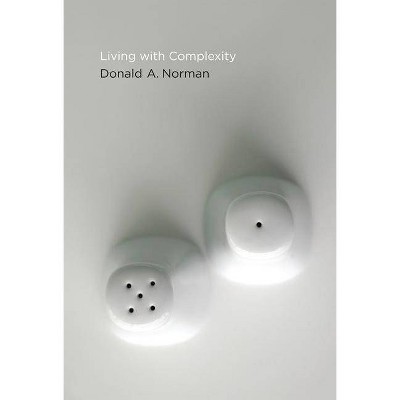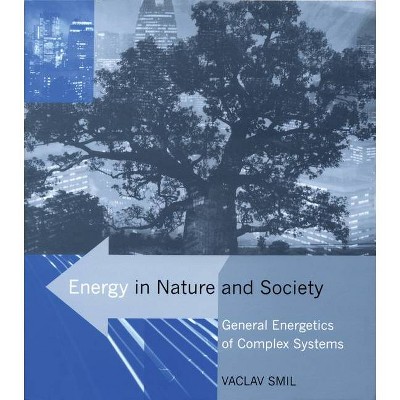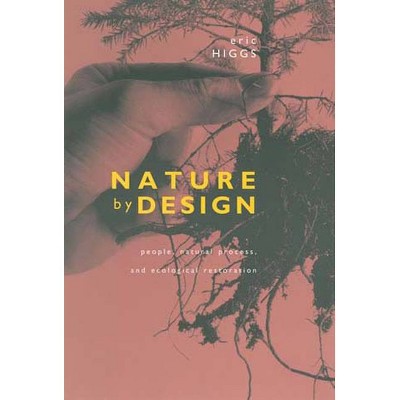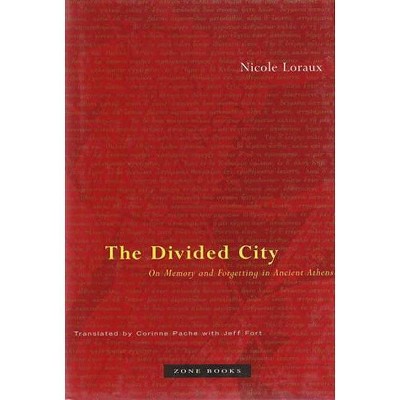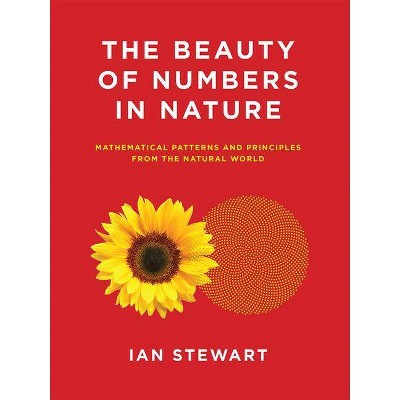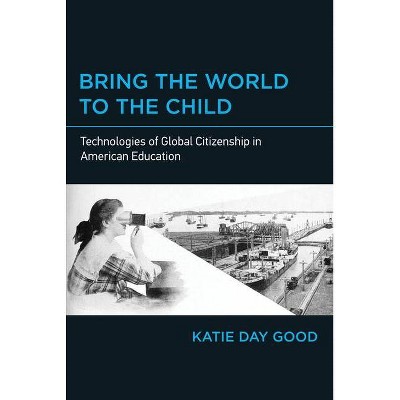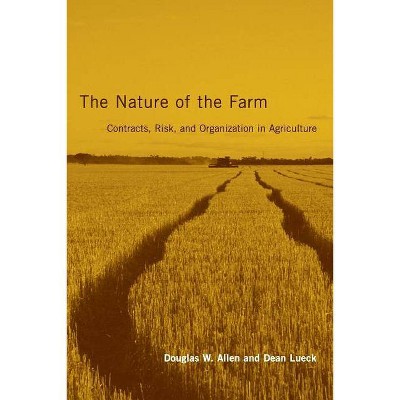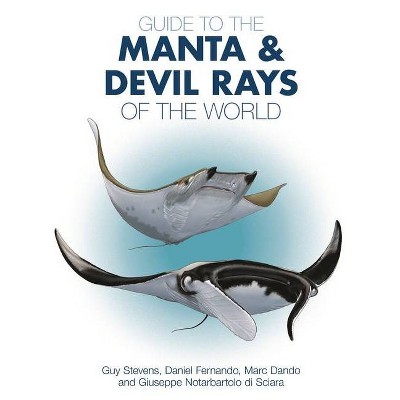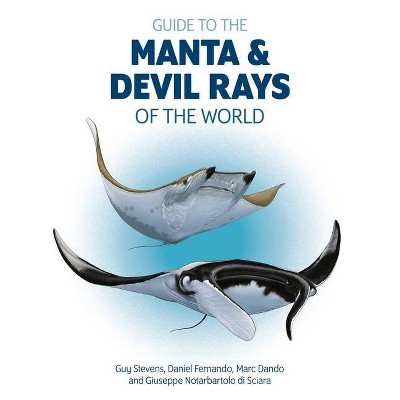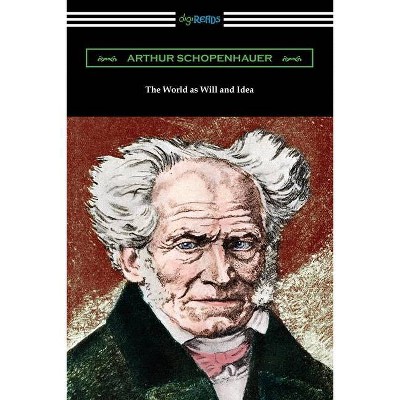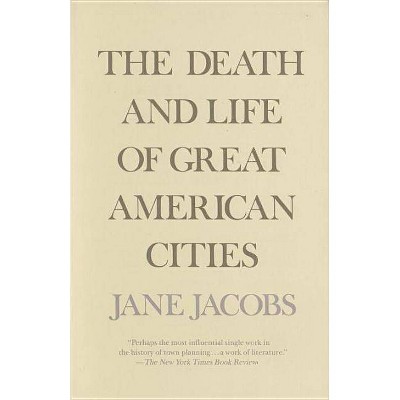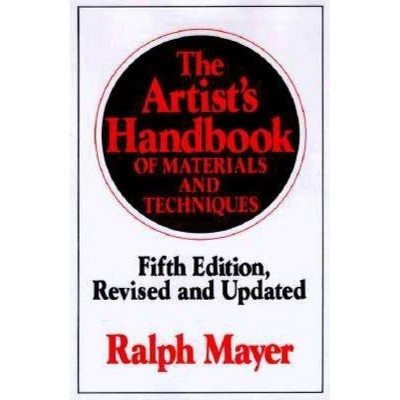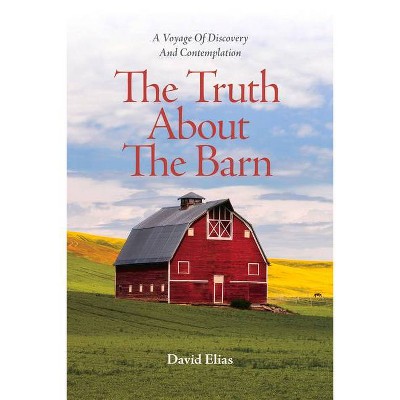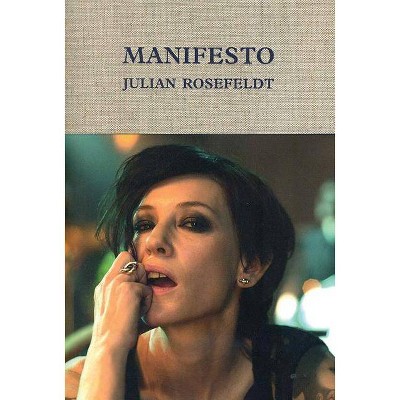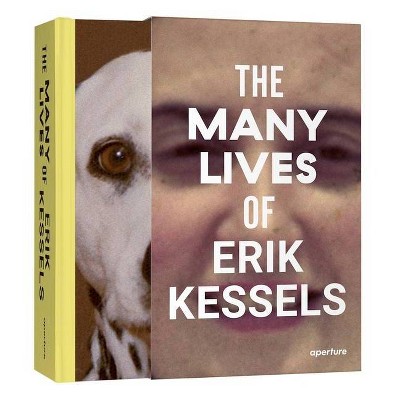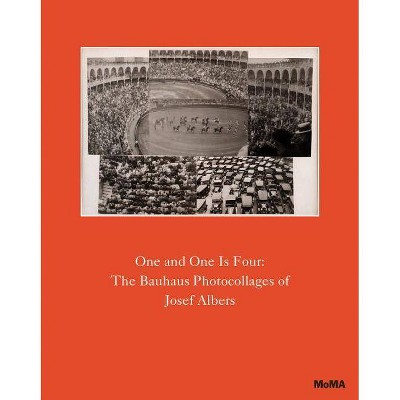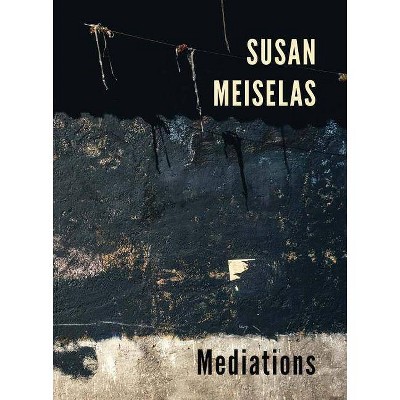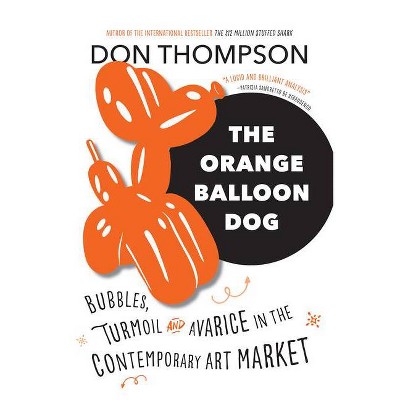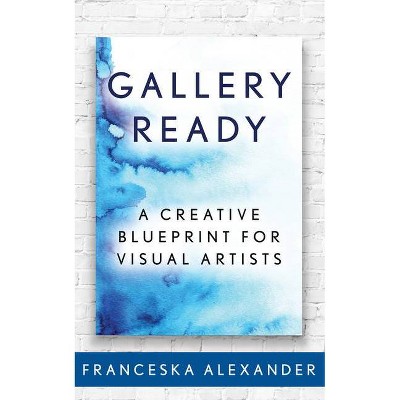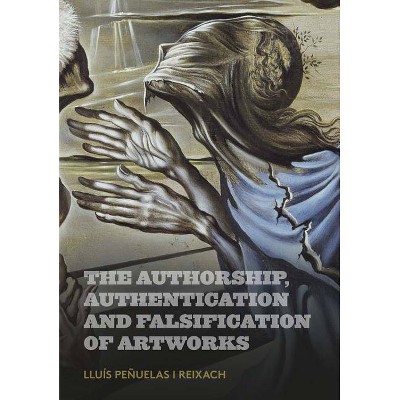Nature and the Idea of a Man-Made World - (Mit Press) by Norman Crowe (Paperback)
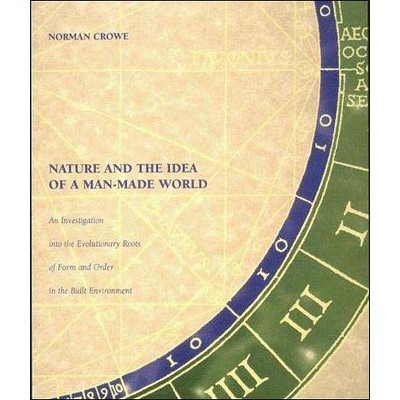
Similar Products
Products of same category from the store
AllProduct info
<p/><br></br><p><b> Book Synopsis </b></p></br></br>Over the course of this century, nature has increasingly been relegated to the province of environmentalists while cities and towns have been turned over to developers and planners. Norman Crowe seeks to overcome this division into the respective realms of specialists by recognizing the independence of both the natural and the manmade through an understanding of the often hidden roots of the world we contrive for ourselves. Crowe argues that we have lost a vital balance by neglecting our traditional motives for building in the first place. He argues for a symbiotic theory of man's making and nature's activity that views the built environment as a form of nature, one that nourishes the generative power as well as other enduring qualities of nature. In this sweeping view of architecture and urbanism across cultural boundaries, Crowe evaluates the connections between the natural and manmade in our towns and cities, farms and gardens, architecture and works of civil engineering. He draws on the lessons to be learned from the buildings and cities of the past in restoring critical traditional values that have been lost to modernism which tends to see the built world almost exclusively through the abstractions of postenlightenment science. Crowe's starting point is indigenous architecture, the origins of our cities and towns where the first geometries were imposed on nature. He traces our separation from nature over time, from the long period of human history when nature served as a paradigm for creation. The first chapter considers the psychological and practical origins for the practice of what amounts to building an alternative nature. Crowe then explores the likely historical roots of this world and investigates our intrinsic quest for unity, the ancient idea that we are responsible for maintaining a harmony between ourselves, what we make, and nature. He traces the effect of our responses to the passing of time and the inevitability of change in the built world and then considers its opposite, the quest for timelessness in response to the inevitability of time passing. Crowe concludes by looking at the idea of the city as the culminating expression of all of these characteristic responses to nature that manifest themselves in what we build.<p/><br></br><p><b> From the Back Cover </b></p></br></br>Over the course of this century, nature has increasingly been relegated to the province of environmentalists while cities and towns have been turned over to developers and planners. Norman Crowe seeks to overcome this division into the respective realms of specialists by recognizing the independence of both the natural and the man-made through an understanding of the often hidden roots of the world we contrive for ourselves. Crowe argues that we have lost a vital balance by neglecting our traditional motives for building in the first place. He argues for a symbiotic theory of man's making and nature's activity that views the built environment as a form of nature, one that nourishes the generative power as well as other enduring qualities of nature. In this sweeping view of architecture and urbanism across cultural boundaries, Crowe evaluates the connections between the natural and man-made in our towns and cities, farms and gardens, architecture and works of civil engineering. He draws on the lessons to be learned from the buildings and cities of the past in restoring critical traditional values that have been lost to modernism, which tends to see the built world almost exclusively through the abstractions of post-Enlightenment science.<p/><br></br><p><b> Review Quotes </b></p></br></br><br>"Norman Crowe seeks the wonderment of a cooperation between the natural and the man-made world, and he does so with the hand of an excellent writer. As a professor and teacher of architecture, he has reached out well beyond most of his colleagues to understand the history and ideas governing the current state of architecture's relation to nature."--Kent Bloomer, Yale University<br><br>" Norman Crowe seeks the wonderment of a cooperation between the natural and the man-made world, and he does so with the hand of an excellent writer. As a professor and teacher of architecture, he has reached out well beyond most of his colleagues to understand the history and ideas governing the current state of architecture's relation to nature." -- Kent Bloomer, Yale University<br><br>" Norman Crowe seeks the wonderment of a cooperation between the natural and the man-made world, and he does so with the hand of an excellent writer. As a professor and teacher of architecture, he has reached out well beyond most of his colleagues to understand the history and ideas governing the current state of architecture's relation to nature." -- Kent Bloomer, Yale University<br>
Price History
Price Archive shows prices from various stores, lets you see history and find the cheapest. There is no actual sale on the website. For all support, inquiry and suggestion messagescommunication@pricearchive.us
